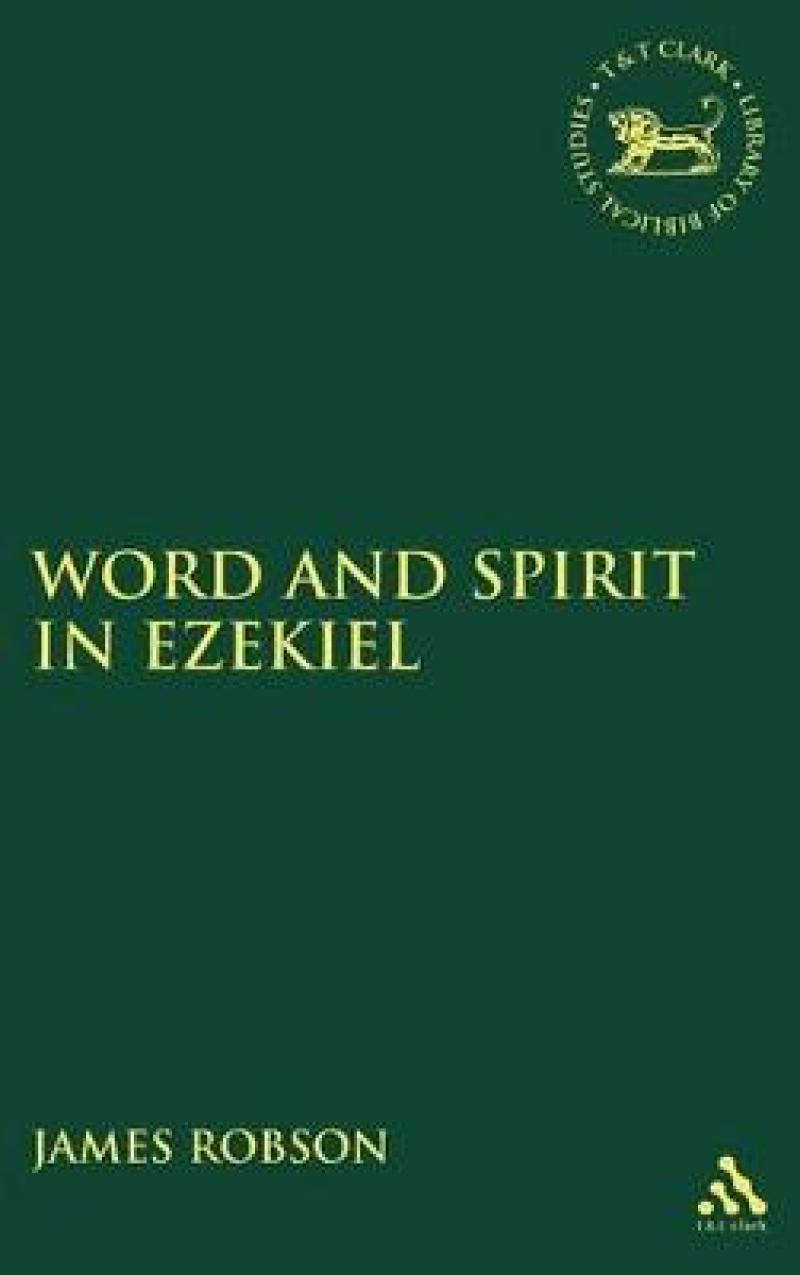"James Robson argues convincingly that word and spirit are so entwined in the book of Ezekiel that they expand the concepts of both words. Encounters with Yahweh's word and Yahweh's spirit are central to the prophet Ezekiel's life and to the book bearing his name, he writes.... Robson has written a rich book that summarizes earlier work on Ezekiel (Allen, Zimmerli, Blenkinsopp, Clements, Greenberg, and Block) and adds his own significant contribution. He presents a credible argument that Ezekiel is the model Yahweh provides for how to follow Yahweh in a new season in Israel's life. In addition, Robson sees an emphasis on Yahweh as a creator. He mentions the connection between Isaiah and Ezekiel in terms of Yahweh as a creator, and perhaps that should be a topic for another book." --Robin Gallaher Branch, Crichton College, Hebrew Studies 50 (2009)
- Robin Gallaher Branch, Crichton College,
"This book...is a welcome addition to the ever-increasing stream of publications on the book of Ezekiel...The book is very well written and easy to read. The author states his case clearly, and his critique of other scholars is fair. It can be recommended for all scholars interested in the book of Ezekiel and in the rhetoric of prophecy." —H. F. Van Rooy, RBL, 2/2008
- H. F. Van Rooy,
"The prevalence and activities of the Spirit in Ezekiel have long been items of scholarly concern. In this excellent book, a revision of his Ph.D. thesis (Middlesex University, 2004), James Robson argues persuasively that the divine ????? in Ezekiel is better understood when it is set in relation to the concept of the divine word. —D. Nathan Phinney, Malone College, Journal of Hebrew Scriptures, Vol. 8 (2008)
- D. Nathan Phinney,
"This study is well crafted and connects with other approaches to prophecy, discarding attempts to define distinctive modes of prophetic inspiration and instead exploring written prophecy's role within disintegrating communities." 32.5 (2008)
- R.E. Clements, Journal for the Study of the Old Testament
